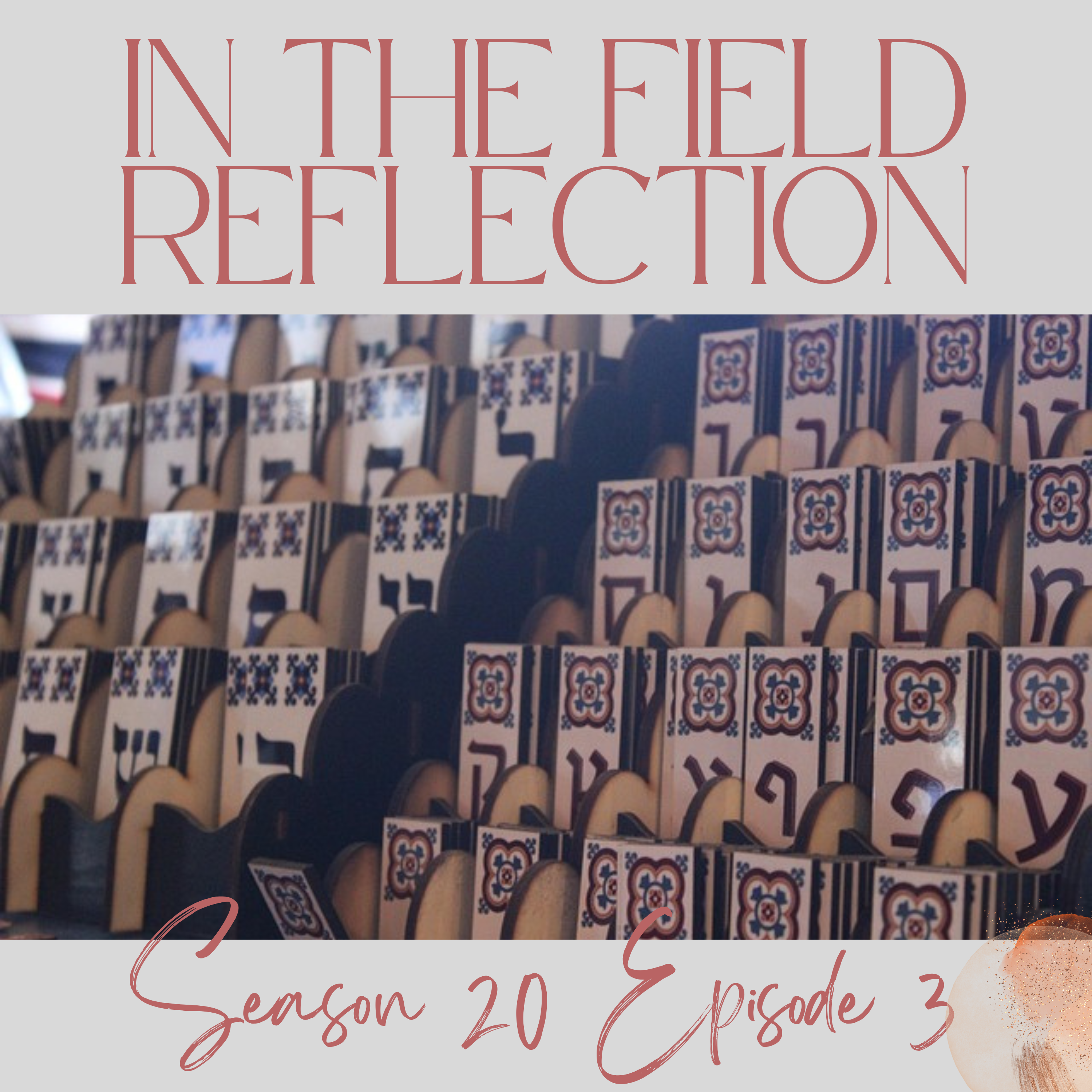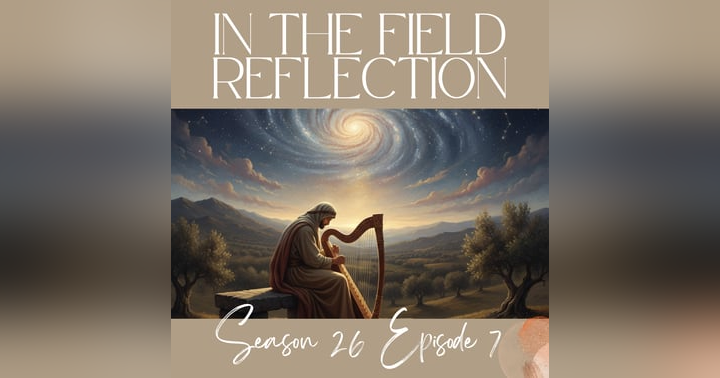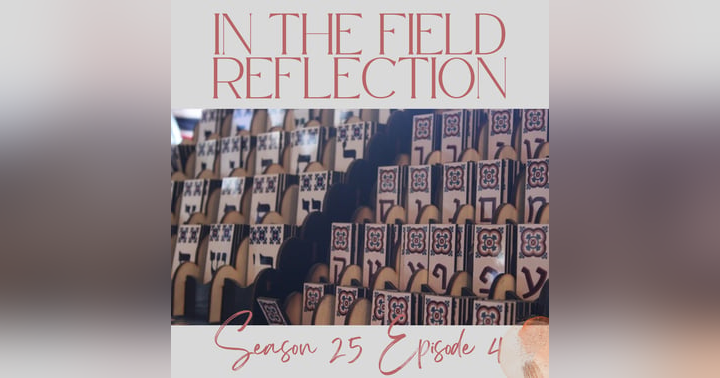Holy Outrage: A Shepherd's View of Leadership Gone Wrong

The Book of Micah contains some of Scripture's most powerful denunciations of leadership gone wrong. Chapter three stands as a towering indictment against those who abuse their positions of authority, showing us that God's perspective on leadership is fundamentally different from the world's understanding of power. As we walk through the sun-drenched hills of ancient Judah with the shepherd prophet Micah, we encounter timeless truths about the sacred responsibility of leadership and the devastating consequences when that trust is betrayed.
The passage begins with Micah addressing the "heads of Jacob and rulers of the house of Israel," those entrusted with leading God's people. What follows is perhaps one of the most graphic and disturbing metaphors in Scripture. These leaders, who should have been protecting and nurturing those under their care, are instead described as butchers who "tear the skin off my people and the flesh off their bones." They are portrayed as cannibals who "eat the flesh of my people, flay their skin off them, break their bones in pieces, and chop them up like meat in a kettle, like flesh in a cauldron." This visceral imagery isn't hyperbole but represents the real suffering inflicted by corrupt leadership—economic exploitation, judicial injustice, and spiritual manipulation that literally consumed the lives and resources of ordinary people.
The corruption Micah describes isn't limited to one sector of leadership but permeates every level of authority in ancient Israel. The political leaders "abhor justice and pervert all equity," building their cities on foundations of bloodshed and wrongdoing. The religious leaders are equally complicit—priests "teach for a price" and prophets "give oracles for money." Yet despite this comprehensive corruption, these leaders maintain a facade of spiritual legitimacy, claiming, "Surely the Lord is with us; no harm shall come upon us." Their hypocrisy compounds their sin, as they use religious language to mask their exploitation and shield themselves from accountability. This combination of corruption and religious hypocrisy particularly provokes God's judgment, as it distorts the very nature of who He is to those who need to know Him most.
What makes Micah's message particularly powerful is that it comes not from a position of privilege but from the margins. As a rural prophet from Moresheth, a small town in the Judean foothills, Micah speaks with the authentic voice of those being crushed by corrupt systems. He stands in stark contrast to the compromised prophets he condemns, declaring, "But as for me, I am filled with power, with the Spirit of the Lord, and with justice and might, to declare to Jacob his transgression and to Israel his sin." His courage reminds us that speaking truth to power has always been costly but necessary, especially when systems of oppression are protected by those who benefit from them.
The judgment Micah pronounces is severe but measured—a fitting response to the severity of the crimes. "Zion shall be plowed as a field, Jerusalem shall become a heap of ruins, and the mountain of the house a wooded height." These aren't arbitrary punishments but the natural consequences of leadership that has undermined the very foundations of society. When those entrusted with building up instead tear down, when those called to heal instead wound, the entire community ultimately collapses. The judgment described is not vindictive but restorative—clearing away what is corrupt to make room for what is just and right to be rebuilt.
For us today, Micah's ancient words still resonate with uncomfortable relevance. In every sphere of influence—government, business, church, family, community—leadership carries sacred responsibility. Those entrusted with authority will give an account not just to those they lead but ultimately to God himself. Whether we lead many or few, Micah calls us to examine our motives, our methods, and our impact. Are we using our position to serve or to be served? Are we protecting the vulnerable or exploiting them? Are we speaking truth even when it costs us, or saying what benefits us? These questions cut to the heart of leadership that honors God and serves others with integrity.



